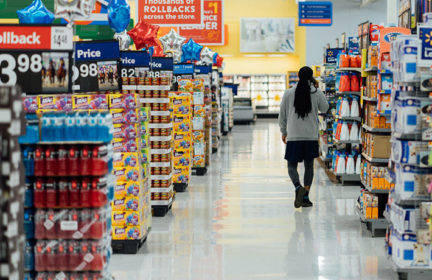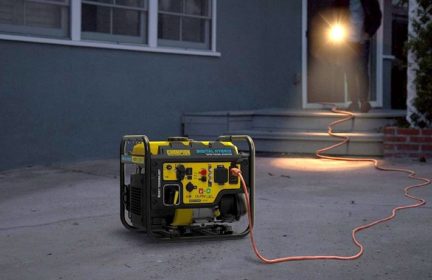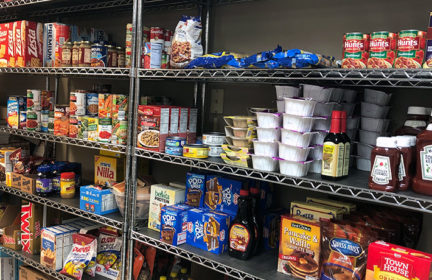Case study: Long-term food storage without electricity
A fascinating case study in survival and preparedness. What are your takeaways?
Climate Change Comes for the Freezers, a Key Tool for Alaska Natives
Threatened by stronger storms and a melting permafrost, Indigenous Alaskans are grappling with how to keep the power running to their freezers, which store their traditional subsistence foods.
4
Log in or register to join the conversation
-
Comments (4)
-


